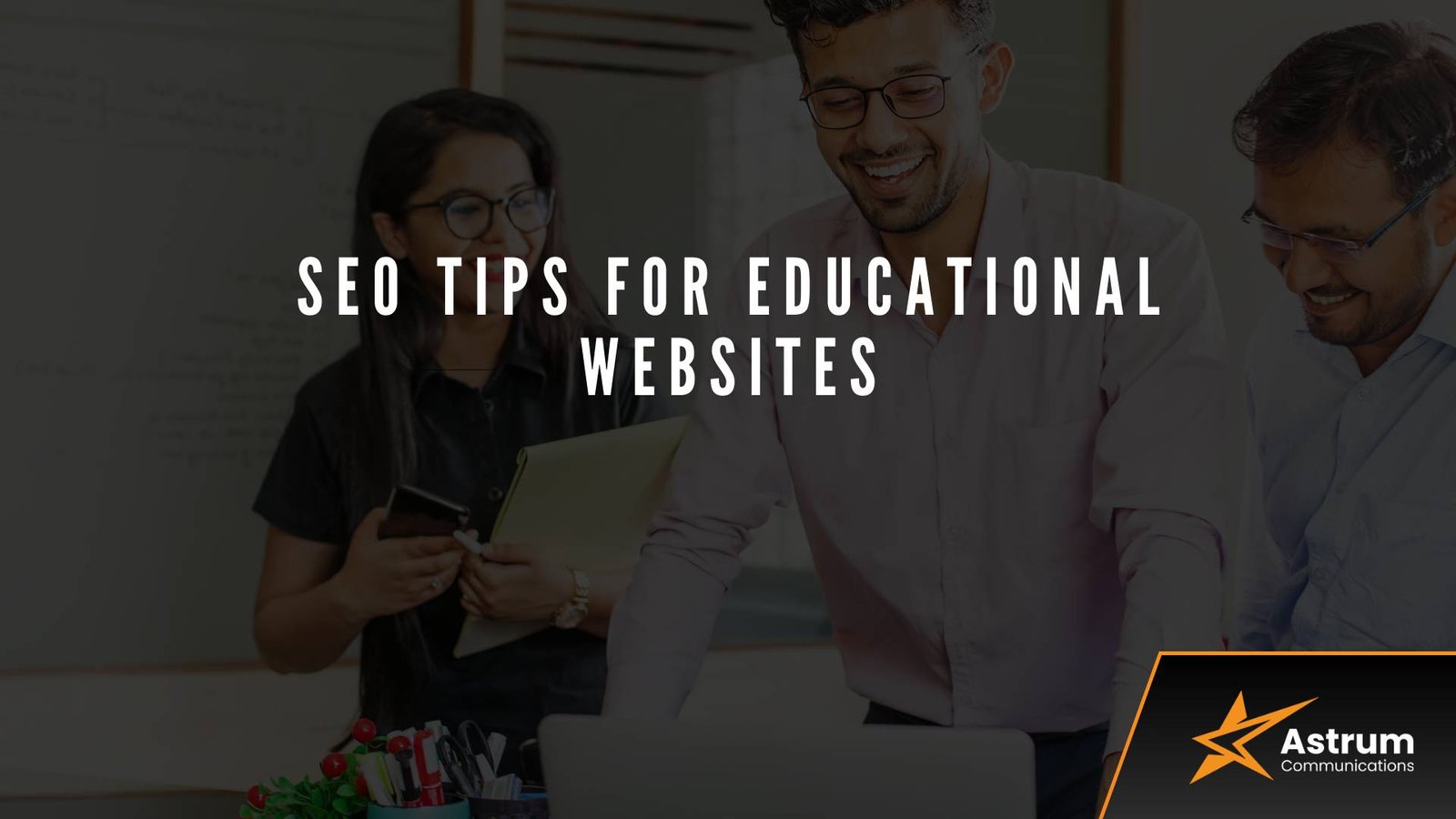Improving SEO for educational websites involves creating quality, relevant content that establishes expertise in specific topics. By focusing on topical authority and entity SEO, these sites can enhance visibility and engage users effectively, leading to better search rankings and increased traffic.
Table of Contents
ToggleOptimizing Course Pages with Keywords and Descriptions
Optimizing course pages with relevant keywords and clear descriptions is essential for enhancing visibility on search engines. Start by researching keywords related to your course content that potential learners might use. Incorporate these keywords naturally into the page title, headings, and throughout the course description to align with users’ search intent.
Provide thorough descriptions that address the course objectives, benefits, and target audience, which helps establish topical authority. This not only informs prospective students but also signals to search engines that your content is valuable.
To improve entity SEO, ensure that your course pages are linked to other relevant content on your website, such as related courses or articles. This interconnectedness bolsters your site’s credibility and helps search engines better understand the context of your offerings.
Using Schema Markup for Educational Institutions
Using schema markup for educational institutions enhances SEO by helping search engines understand your content more clearly. This structured data, which describes your website’s information, can improve visibility in search results, making it easier for prospective students and parents to find you. Key types of schema relevant to educational sites include “EducationalOrganization,” “Course,” and “Event.” By implementing these tags, you enhance your site’s topical authority, signaling your expertise in specific areas of education. This not only can improve click-through rates but also boosts the chances of appearing in rich results, such as Knowledge Panels. To maximize benefits, ensure that your schema markup is correctly implemented and regularly updated. Following these strategies allows educational institutions to establish their relevance in search and connect effectively with their target audience.
Improving Site Speed and Mobile Usability
Improving site speed and mobile usability is essential for enhancing user experience and SEO performance in educational websites. A fast-loading site reduces bounce rates and keeps users engaged, which search engines notice and reward with higher rankings. To enhance site speed, optimize images, utilize caching, and minimize code. Meanwhile, ensuring mobile usability involves adopting a responsive design, where content adapts seamlessly to different screen sizes, making it accessible for all users. Focusing on these elements signals to search engines that your site is authoritative in educational content. By providing quick, easy access to valuable information, you establish topical authority and improve your overall visibility in search results, making your educational resources more effective for learners.
Creating Blog Content Around Educational Topics
Creating blog content around educational topics involves focusing on providing clear, valuable information that meets the needs of your audience. Start by identifying relevant subjects that resonate with your target readers, using tools like keyword research to discover what questions they are asking. Incorporate strategies that enhance your topical authority by consistently covering specific themes in depth. This involves not only producing high-quality articles but also linking to reputable sources and related content within your site to establish your expertise. Optimize your content for SEO by using appropriate keywords, crafting compelling meta descriptions, and employing clear headings. Visual elements like images and infographics can also enhance user engagement. Regularly updating your content keeps it fresh and relevant, helping to improve your search rankings and attract more readers to your educational website.
Building Backlinks from Educational and Industry Websites
Building backlinks from educational and industry websites is crucial for enhancing your SEO strategy. These links not only boost your site’s authority but also signal trustworthiness to search engines. Start by creating high-quality content that addresses relevant topics within your niche, making it easier for educators and industry experts to reference your work. Reach out to educational institutions, offering to collaborate on projects, guest posts, or resource pages that align with their curriculum. Participating in educational forums or webinars can also help position your site as an authoritative source. Focusing on topical relevance increases your chances of earning backlinks, as search engines favor content that aligns with user intent. By consistently providing valuable insights and resources, you can foster relationships with educational and industry sites, ultimately strengthening your backlink profile.
Adding Student Testimonials and Reviews for Credibility
Adding student testimonials and reviews is a powerful strategy for enhancing credibility on educational websites. By showcasing real experiences, institutions can build trust and demonstrate effectiveness, which is crucial for prospective students. Integrating testimonials throughout the site, particularly on program pages and landing pages, can improve user engagement and boost conversion rates.
Additionally, optimizing these reviews with relevant keywords helps search engines understand the context and improves SEO ranking. Incorporate rich snippets for better visibility in search results. Regularly updating testimonials keeps content fresh and aligns with topical authority, establishing your institution as a reliable source in the education domain. Overall, student reviews not only enhance your site’s credibility but also bolster its search engine performance.
Updating Content Regularly to Stay Relevant
Regularly updating content is essential for educational websites to maintain relevance and improve search engine rankings. Fresh content not only attracts visitors but also signals to search engines that your site is active and informative. By incorporating the latest information and trends in your educational niche, you establish topical authority, which enhances your credibility in that subject area. This approach helps you become a trusted resource for both users and search engines. Additionally, focusing on entity SEO—linking related topics and keywords—can improve your site’s visibility. Regular updates can include revising outdated articles, adding new research findings, or enhancing existing resources with updated information. Ultimately, consistent content refreshment aids in engaging your audience and fulfilling their evolving needs, ensuring your educational website remains a go-to source of knowledge.
Conclusion
In summary, optimizing course pages with relevant keywords and engaging descriptions enhances visibility and improves user experience. Focus on topical authority by creating comprehensive content that addresses users’ needs. Incorporating entity SEO strategies helps establish your site’s credibility within the education sector. For tailored digital marketing solutions to boost your educational website’s performance, consider reaching out to Astrum Communications.


